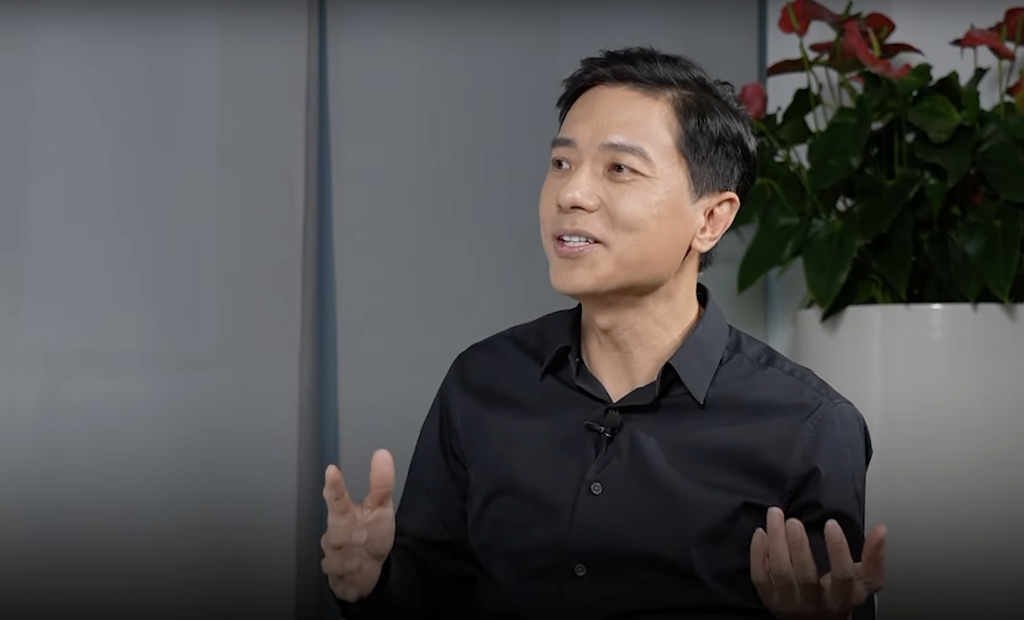Baidu’s AI Ernie Bot: Fueling China’s AI Vision and Stock Growth
China’s Baidu opens Ernie Bot language model to the public, lifting stock by 3%. Part of China’s AI ambition, the model generates text and images, aligning with new regulations. CEO Robin Li praises the move as “pro-innovation.”

Chinese search engine and AI firm Baidu has released its ChatGPT-equivalent language model, Ernie Bot, to the public. This move has resulted in a 3% increase in Baidu’s stock price. Intending to rival the United States, China sees AI as a key industry and plans to become a global leader in AI by 2030. Following the success of OpenAI’s ChatGPT, Chinese technology firms have been rushing to unveil their generative AI models.
Ernie Bot, which generates text and images in response to user questions and prompts, is now fully accessible to the general public through Baidu’s official website and a China-only app. The Ernie Bot app quickly gained popularity and topped the charts on Apple’s iOS store in China for free apps.
Baidu’s CEO, Robin Li, believes that by making the Ernie Bot model publicly available, the company can gather valuable real-world human feedback, leading to improvements in Ernie and Baidu’s foundation models. This strategy aligns with Li’s vision of using user feedback to enhance AI technology, allowing Baidu to continuously improve the model’s relevance and effectiveness.

China has implemented measures to regulate the industry of generative AI. On 15 August, regulations were introduced that mandate companies to undergo security assessments and obtain approvals before publicly launching AI products. Additionally, companies offering generative AI services must adhere to government requests for technology and data. The objective of these regulations is to ensure responsible and secure utilization of AI technology, addressing concerns about data privacy and cybersecurity. Conversely, the United States currently lacks comparable regulations for the industry of generative AI.
Baidu’s CEO, Robin Li, expressed optimism towards the Chinese AI regulations, describing them as “more pro-innovation than regulation.” This suggests that Baidu views the regulations as a framework that encourages innovation while adopting necessary safeguards.
In addition to Baidu, two other AI companies in China, Baichuan and Zhipu AI, launched their AI language models on the same day, showcasing the competitive landscape and growing momentum in China’s AI industry.
In conclusion, Baidu’s release of the Ernie Bot language model to the public has increased stock prices, highlighting the competitiveness of China’s AI industry. By allowing public access to the model, Baidu aims to gather valuable user feedback to improve the technology. This news also emphasizes China’s commitment to regulating generative AI, promoting responsible development, and addressing concerns related to security and privacy. China is taking proactive measures to position itself as a leading nation in AI regulation, especially compared to the United States, which currently lacks specific regulations in this domain.
